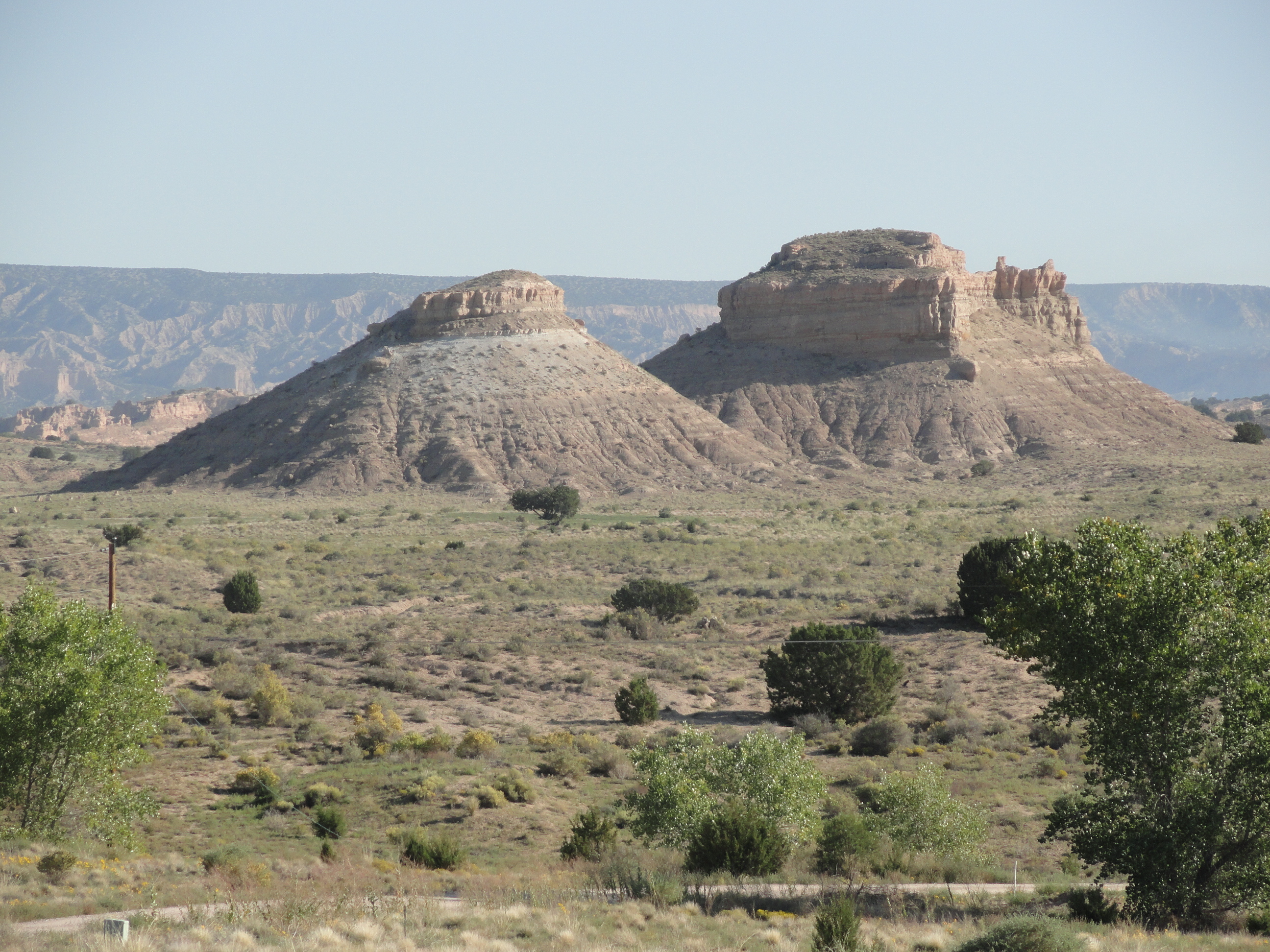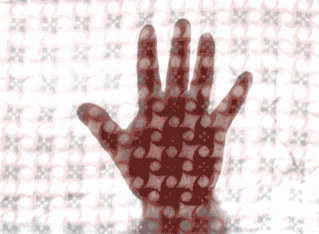Maybe
photo by Theresa Larson
"Your child is not you"—that one stopped me cold, way back, when I was resisting, thinking it All sounded odd and crazy. It was a gigantic "well duh" moment in the best way. It was so obvious! And yet I was using my adult needs and fears waaaaay too much to make decisions about what my kids "needed" or "needed to learn".—Meredith

"Always" and "never" are rules meant to stop thinking. Support your child in becoming a thoughtful decision-maker, not a thoughtless rule-follower.—Joyce Fetteroll
Lean by thoughts and decisions.
Lean toward what you understand, and what makes sense.
Too far? Lean back.
Just right? Do more with your children, while you're in that state.






Look for the good parts of today.
Look for the value in this moment.

Don't be the clock's mother. Don't watch the clock to see if it's time to eat. Watch your child. Or watch the clock to see if it's time to offer another snack, but don't let the clock say "not yet" or "Must EAT!"
It isn't good parenting or self control for an adult who has reproduced to be looking to a mechanical device to make decisions for her. Clocks are great for meeting people at a certain time, but they were never intended to be an oracle by which mothers would decide whether to pay attention to a child or not. Your child knows whether he's hungry. You don't. The clock doesn't either, never did, and never will.